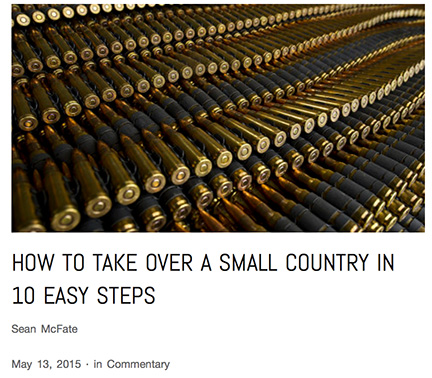For those interested in the issue, the recently published July issue of International Sociology (30:4) is devoted to the Arab uprisings. It includes articles on the relations of revolution to such various dimensions as space, cultural symbols, microdynamics of mobilization, political Islam, and current scholarship:
Contents
Mohammed Bamyeh and Sari Hanafi, “Introduction to the special issue on Arab uprisingsâ€
Atef Said, “We ought to be here: Historicizing space and mobilization in Tahrir Squareâ€
Zaynab El Bernoussi, “The postcolonial politics of dignity: From the 1956 Suez nationalization to the 2011 Revolution in Egyptâ€
Hatem M Hassan, “Extraordinary politics of ordinary people: Explaining the microdynamics of popular committees in revolutionary Cairoâ€
Mazhar al-Zo’by and Birol BaÅŸkan, “Discourse and oppositionality in the Arab Spring: The case of the Muslim Brotherhood in the UAEâ€
Nada AlMaghlouth, Rigas Arvanitis, Jean-Philippe Cointet, and Sari Hanafi, “Who frames the debate on the Arab uprisings? Analysis of Arabic, English, and French academic scholarshipâ€







